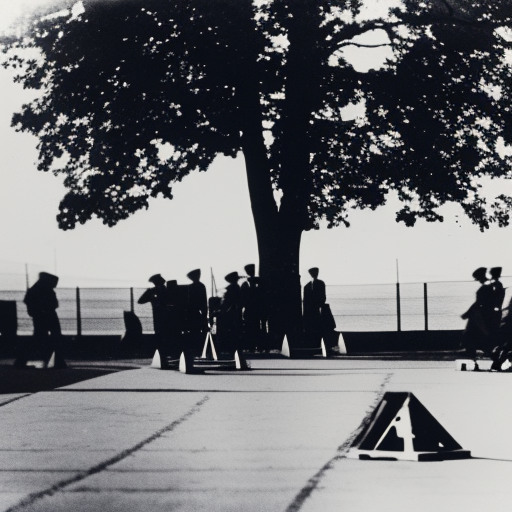Summary: 1938 British Empire Games
The 1938 British Empire Games, also known as the Empire Games, were held in Sydney, Australia from February 5th to February 12th, 1938. These games were the third edition of the Empire Games, which were a precursor to the modern Commonwealth Games. The event brought together athletes from various countries and territories of the British Empire, promoting friendly competition and cultural exchange.
Background
The Empire Games were established in 1930 as a way to strengthen the bonds between the countries and territories of the British Empire through sport. The inaugural games were held in Hamilton, Canada, and were a great success. The second edition took place in London, England, in 1934.
Participating Countries
The 1938 British Empire Games saw the participation of 15 countries and territories from the British Empire. These included Australia, Canada, England, New Zealand, Scotland, Wales, Bermuda, British Guiana, Ceylon, Fiji, Gibraltar, Hong Kong, Jamaica, Northern Ireland, and Trinidad and Tobago.
Events and Highlights
The games featured a wide range of sporting events, including athletics, boxing, cycling, swimming, and wrestling, among others. Some of the notable highlights of the 1938 British Empire Games included:
Athletics: Australian athlete Decima Norman set a new world record in the women’s discus throw, becoming the first woman to throw over 140 feet.
Swimming: The Australian swimmer, Clare Dennis, won seven gold medals, setting new records in the 100m and 200m backstroke events.
Cycling: Australian cyclist Edgar “Dunc” Gray won three gold medals in the track events, including the 1,000m time trial, the sprint, and the tandem.
Boxing: The boxing competition saw fierce competition, with England winning the most gold medals. One of the standout performances was by English boxer Len Harvey, who won the middleweight gold medal.
Legacy
The 1938 British Empire Games left a lasting legacy in the world of sports. The success of these games paved the way for the continuation of the event, which eventually evolved into the modern Commonwealth Games. The Empire Games provided a platform for athletes from different countries and territories to compete against each other, fostering a sense of camaraderie and friendship.
The games also had a significant impact on the host city, Sydney. The event showcased the city’s ability to organize and host a major international sporting event, setting the stage for future events such as the 2000 Summer Olympics.
Conclusion
The 1938 British Empire Games were a milestone in the history of international sports. The event brought together athletes from various countries and territories of the British Empire, promoting unity and friendly competition. The games featured a wide range of sporting events, with notable performances and record-breaking achievements. The success of these games laid the foundation for the continuation of the event, leading to the establishment of the modern Commonwealth Games. The legacy of the 1938 British Empire Games lives on, reminding us of the power of sports in bringing people together.












